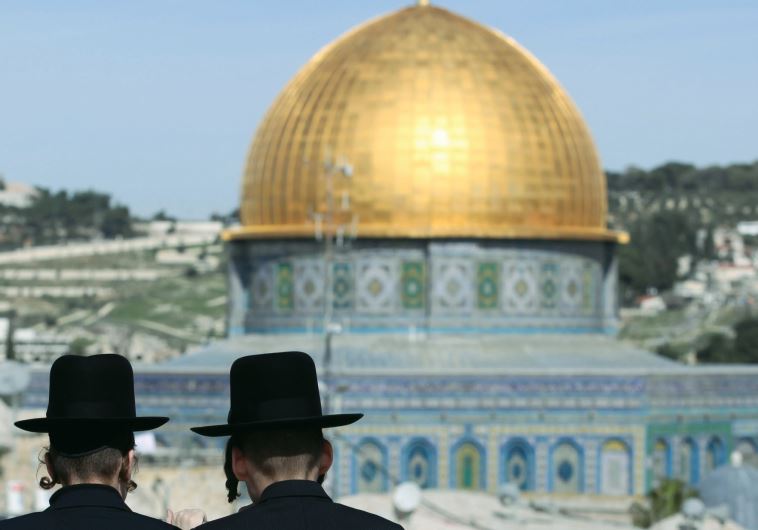Three Ladies, Three Lattes: To go or not to go?
Secular Pam, modern Orthodox Tzippi and haredi Danit answer your questions on percolating issues in Israel’s complicated social and religious fabric.
 (photo credit: MARC ISRAEL SELLEM/THE JERUSALEM POST)ByTHREE LADIES, THREE LATTESUpdated: Read More
(photo credit: MARC ISRAEL SELLEM/THE JERUSALEM POST)ByTHREE LADIES, THREE LATTESUpdated: Read More